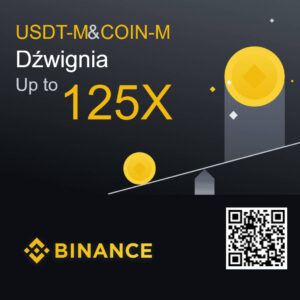Rate Cardano 0,00000411 BTC
Change (24h): 0,98%
Calculator ADA / BTC
How is 1 Cardano?
| ADA | 0 BTC | |
| BTC | 0 ADA |
Team
- No data
Another prices
- AMLT 0.00000014 BTC 0,00%
- WIS 0.0011 PLN 0,00%
- LSK 2.35 USD 0,00%
- COMP 0.0022 BTC 0,00%
- EOSDOW 2.733 USDT inf%
- DATA 0.00000008 BTC 0,00%
- NKN 0.00000024 BTC 0,00%
- BLZ 0.0582 USDT 0,00%
- AUDIO 0.0214 USDT -1,38%
Do you know how buy Cardano?
Description
Do you have account on KryptoBot?



